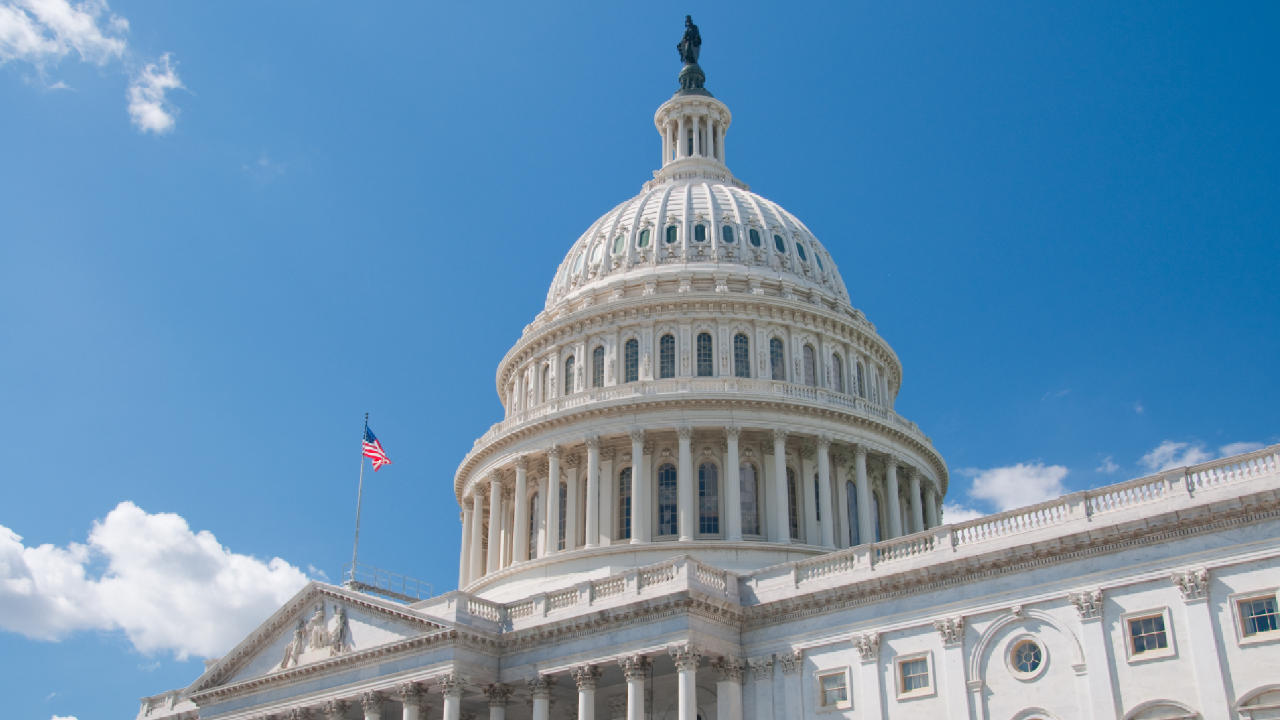State & Federal Workforce Update as of April 7, 2025
Apr 07, 2025
NYS Budget Update
The New York State budget is officially late. Earlier today, the Legislature passed another budget extender today, pushing the deadline to April 9th. Governor Hochul and legislative leaders are continuing to negotiate over a number of contentious and high-profile proposals related to criminal discovery reform, a statewide ban on face coverings, cell phone use in schools, and involuntary commitment policies.
Despite the delay, all parties have affirmed their commitment to finalizing a comprehensive budget that reflects shared priorities. We remain optimistic that progress will continue in the coming days. You can read more about NYATEP’s budget priorities here.
As always, NYATEP is your voice in Albany—we are closely monitoring negotiations and will be here with workforce-focused analysis of the final budget as soon as an announcement is made.
Federal Affairs Update
Economic Outlook
Washington, D.C. is currently navigating a period of heightened uncertainty. Last week, President Trump announced a new round of tariffs, triggering a sharp response from global financial markets that is threatening to drive the most significant three-day market selloff in nearly four decades.
This economic turbulence is likely to ignite a new round of debate in Congress. Lawmakers may consider legislation to curb presidential tariff authority or formally urge the White House to reconsider the policy. However, such action would require rare bipartisan unity—and there’s no assurance the administration would heed Congressional input.
Congressional Budget Reconciliation
On Capitol Hill, House Speaker Mike Johnson has expressed his intention to advance a joint House-Senate budget resolution before the Easter/Passover recess (target date: April 10, 2025). Should that happen, lawmakers would not reconvene until April 28. While notable differences remain between the House and Senate regarding fiscal priorities, a resolution carries significant potential implications for the workforce field. Under its likely provisions the House Committee on Education and the Workforce would be tasked with proposing legislative reforms to achieve a minimum of $330 billion in deficit reduction over the FY 2025–2034 window.

